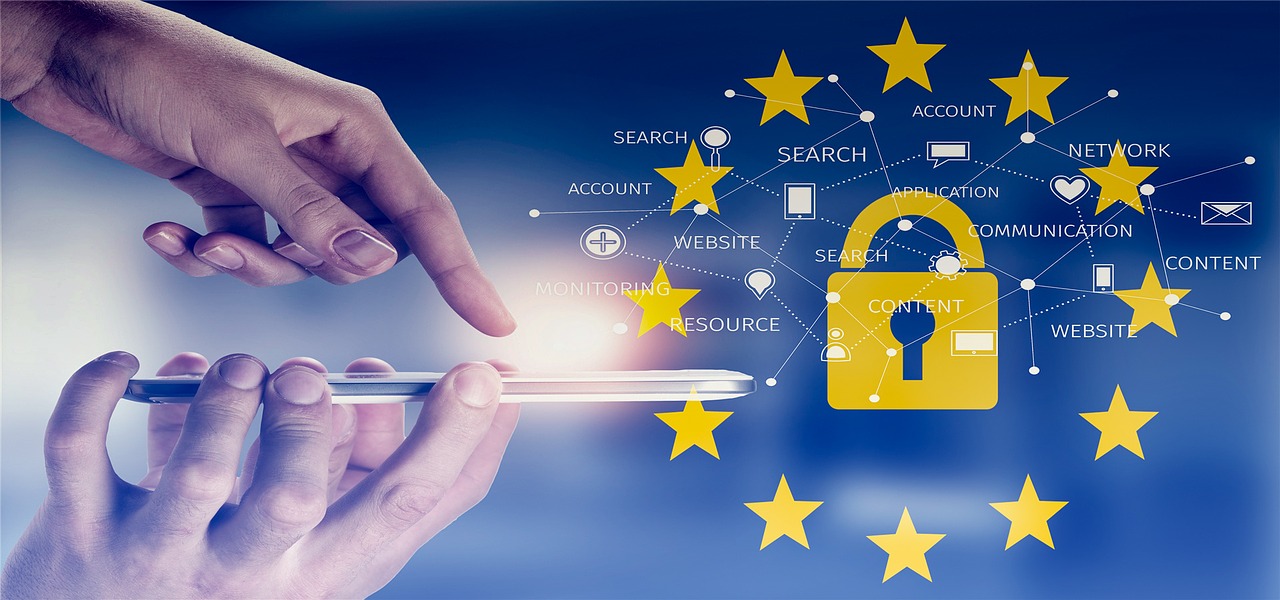
In today's world, privacy has become a major concern for businesses and individuals. Just like people keep their valuable possessions in the bank, the same way data should be kept safely. With the digitization of data, the risks of data breaches have grown multifold. For instance, big and small enterprises possess data of millions of people, and the responsibility of securing the data is due to their part.
In the year 2019, Zynga a popular mobile game producer data was hacked and that accounted to 218 million. While in 2018, Facebook security breach revealed data of more than 50 million users.
Imagine if big companies can become the victim of data breaches, how you could imagine your data is safe in this digital world.
Let's find out why online privacy is so important, and what steps to take in order to keep it safe. Read on to learn more about it.
Why is Online Privacy so Important
No matter how much we avoid putting our information online, but somehow you need to fill the form whether it be for medical records, bank account opening or shopping online. In fact, our data is everywhere from shopping sites to insurance companies and social media networks to online games.
In fact, most of the ISPs sell their data to the companies to help them target the right audience with their products and services. No matter, how much you pay for Mediacom, Cox or Spectrum Internet Plans, in the end, you can't be sure about whether your data is safe or not. You can check the privacy policies while signing up and/or call the customer support department of your respective ISP to learn more about it. All the ISPs including Cox, Xfinity, Mediacom, AT&T or Spectrum customer service phone numbers are readily available online so you can call and get all your queries and concerns answered instantly.
The pictures you share on social media send it to your friends or store it on the cloud, can get in the hands of hackers and used for something to exploit your privacy. Similarly, when it comes to online shopping, your credit card information can be hacked and used for transactions without giving any hints to you.
Privacy in today's connected world holds vital importance. You can afford to ignore prevention steps in order to keep your privacy safe and protected. Let's find out how you can secure your privacy online.
Check Your Social Media Privacy Settings
Almost every one of us has a social media account. We put our personal information such as phone number, telephone, and email. However, you might be surprised to know that the information you put is almost visible to everyone by default.
You don't want any tom, dick and harry to look at your private information. Therefore, you need to take appropriate steps in order to avoid such situations. For instance, you are strongly advised to check privacy settings and take appropriate steps to limit the information you want to share with others. Some social media accounts also allow you to select people with whom you want your information to be shared.
Don't Rely Too Much on Online Storage
You might have heard not to share too much on social media networks. Well, that should not be limited to only social media accounts, as there are other online platforms where you can store your pictures, videos and important documents. For instance, if you rely heavily on Google Docs to store your important passwords or SmugMug to keep your pictures, just avoid it as much as possible. Make sure to buy an external hard drive or USB to store all your family pictures, important documents, and videos.
Use Secure Passwords
We need to sign up on almost every website we visit to use the products or services. Especially when it comes to the email ID and social media accounts, passwords hold due importance. In order to keep your privacy secure, make sure to generate a strong password. Although it is difficult to remember complex passwords, doing so will help you stay safe.
An ideal password length is 12 characters including upper and lower case letters, numbers and special characters. If you have any problem remembering those passwords, just create a text file on your computer and save all your passwords on it.
Final Verdict
Online privacy is as important as your credit card information. With a large number of data breaches taking place, your data is no exception. Make sure to take appropriate steps to avoid data vulnerabilities in the future.






